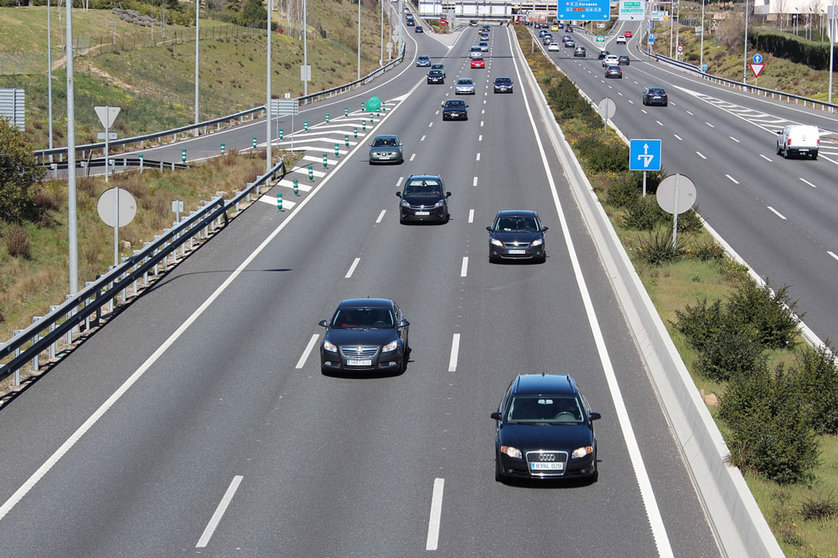Anyone who owns a motor vehicle registered in Spain, for example a passenger car or a motorcycle, must pay a tax. This is the Tax on Motor Vehicles, which in Spain is called Impuesto sobre Vehículos de Traccion Mecánica (IVTM).
The IVTM is a mandatory tax for all motor vehicles that circulate on Spanish roads with a few exceptions. For example, official cars, diplomatic cars, medical vehicles, city buses and cars for people with physical disabilities are exempt.
The motor vehicle tax must be paid once a year by the owners of the vehicles, regardless of whether they are private or legal persons. The public institution in charge of collecting the tribute is the city council of the municipality where the owner resides.
Receipts are sent to the homes of the owners each year, normally in spring (from March to May) with the amount to be paid for those vehicles that are registered in their name as of 1 January 1. Some municipalities may postpone the collection of the tax until autumn.
If the owner has recently moved to a new address, the Spanish authorities recommend requesting a tax change for their vehicles, so that the updated data is registered in the new municipality of residence. The change of residence may imply differences in the amount of the payment, since municipalities may apply different rates on the motor vehicle tax.
A letter by mail
Municipalities normally send a letter by mail to the owners of the vehicles informing them of the amount to be paid and the dates to make the voluntary payment. In these letters they usually specify where and how to make the payment (bank offices, through the online services of the city hall or via regular charges in the taxpayers' bank accounts).
In the case of non-compliance with the payment during the voluntary period, the municipalities usually stipulate a second 'executive' payment period, which usually implies a small surcharge for late payment, so the amount is higher.
The amount to pay for the motor vehicle tax varies depending on each type of vehicle. The amount is also influenced by the date of registration, the engine capacity and the type of fuel consumed (normally, the more polluting, the higher the tax).
How much do you have to pay?
Article 95 of the Spanish Local Treasury Regulatory Law (Ley Reguladora de Haciendas Locales) states that the tax on passenger cars is collected in accordance with the following brackets:
- Less than 8 fiscal horsepower: 12.62 euros.
- From 8 to 11.99 fiscal horsepower: 34.08 euros.
- From 12 to 15.99 fiscal horsepower: 71.94 euros.
- From 16 to 19.99 fiscal horsepower: 89.61 euros.
- From 20 fiscal horsepower onwards: 112 euros.
However, the law also states that municipalities "may increase the quotas set by applying a coefficient to them, which may not exceed 2." This means that between one municipality and another there may be variations of up to 100% in the amount of the tax to be paid.
What is fiscal horsepower?
Finally, keep in mind that fiscal horsepower is not a value that matches a physical unit of power measurement. It is a value used by the public administration to calculate the payment of the tax on motor vehicles.
Normally the amount of fiscal horsepower is specified in the vehicle documents, for example in the technical inspection card (Tarjeta ITV, in Spanish).












